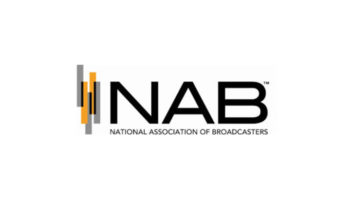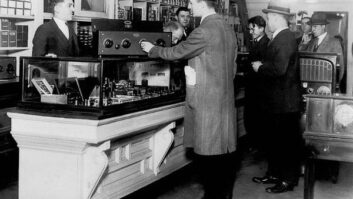The board of directors of the Corporation for Public Broadcasting elected Bruce Ramer and David Pryor to serve one-year terms as chairman and vice-chairman, respectively.
CPB has been in the news because the co-chairs of the president’s National Commission on Fiscal Responsibility and Reform in a draft report recommended zeroing out CPB funding by 2015 to help lower the deficit. The CPB board elections are unrelated to this issue but it means Ramer and Pryor are likely to be in high profile in coming months, presumably defending CPB and its funding.
Ernest J. Wilson III was the former CPB board chair. He is dean and Walter Annenberg chair in communication at the Annenberg School for Communication & Journalism at the University of Southern California. Beth Courtney was vice chair. She is president and chief executive officer of Louisiana Public Broadcasting, which she has led since 1985. Their terms expire at the end of this year.
Ramer is an attorney and partner at a law firm specializing in entertainment and media matters, Gang, Tyre, Ramer & Brown. He has been active in public television for about 20 years, joining the board of KCET(TV), Los Angeles in 1992 and serving as chair from 2001 to 2003.
President George W. Bush appointed Ramer to the CPB board. The Senate confirmed him in 2008.
David Pryor joined the CPB board in 2006 after a career in public service. He was elected to the Arkansas legislature in 1960, where he served until his election to Congress in 1966. Pryor served three terms in the House before returning to Arkansas to run for governor. Elected in 1975, he served four years before being elected to the U.S. Senate in 1978. He was reelected in 1984 and 1990, serving three terms before his retirement in 1997.
Congress created the private, nonprofit corporation in 1967 to distribute government funding to public radio and television stations and act as a firewall between lawmakers who vote on those funds and the stations, whose programming may be seen at times as controversial.
Right now, CPB contributes to the funding of more than 1,100 locally-owned and operated public radio and television stations; it claims to be the largest single source of funding for research, technology, and program development for public radio, television and related online services.












